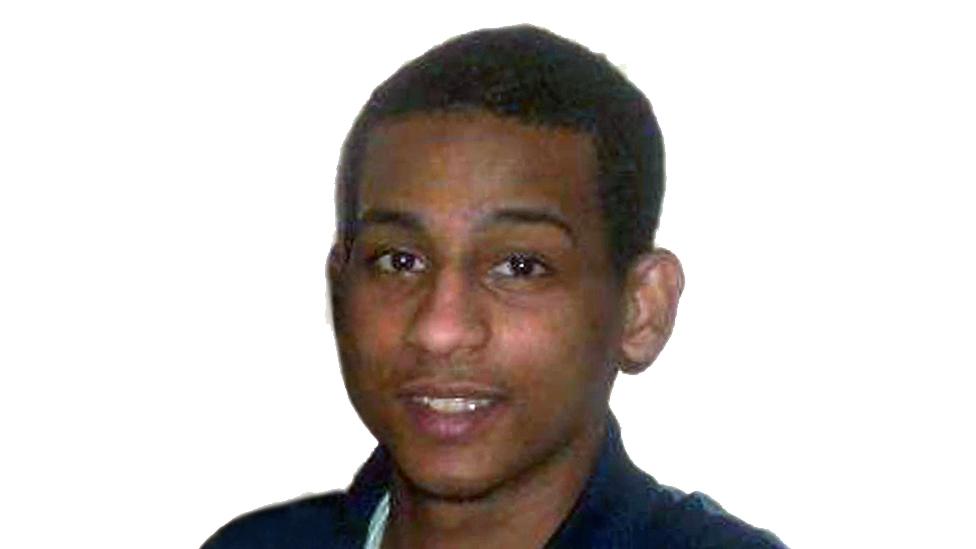El Shafee Elsheikh: IS jihadist stood out from the other fighters, court hears
- Published
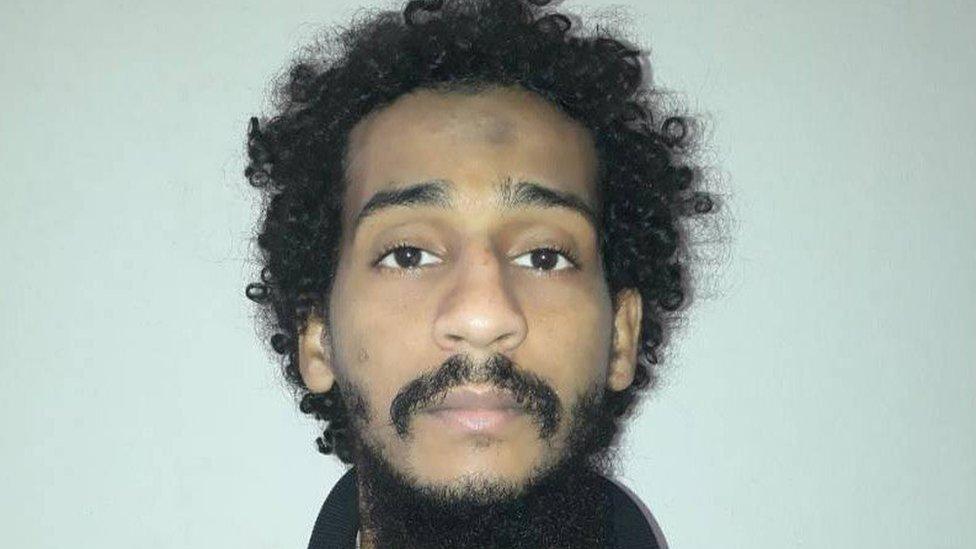
El Shafee Elsheikh
A former Islamic State group member turned cooperating witness has told a US court that an ex-jihadist on federal trial was clearly "more important" than other fighters.
Omer Kuzu, 26, testified on Monday that he met El Shafee Elsheikh in Syria on at least five occasions.
He said while they did not talk much, Mr Elsheikh had an air of importance.
Mr Elsheikh, 33, is accused of kidnapping and conspiracy and has denied all the charges.
The Sudanese-born Londoner is alleged to have been part of an IS militant cell dubbed the Beatles by hostages because of their British accents. He is the highest profile IS fighter to face trial in the US.
The cell is said to have tortured and beheaded hostages in Syria, including several Western journalists and aid workers.
Mr Kuzu, who spent four-and-a-half years as an IS member, testified at Mr Elsheikh's trial in Virginia as part of a plea deal with the US government.
He said he had left his home in Dallas, Texas, at age 18 in October 2014 and was smuggled into Syria alone through the Turkish border.
He told the court he worked at the telecommunications office in the city of Raqqa, then "the capital of IS", and did "typical IT work" to support the group's battlefield operations.
Mr Kuzu was captured by Syrian forces in 2019 and handed over to the FBI. He pleaded guilty in Texas in September 2020 on a charge of conspiring to provide material support to IS.
Taking the stand on Monday in a teal prison jumpsuit, he leaned forward into his microphone and spoke clearly, often saying "yes sir" in response to questions.
Mr Kuzu said that while other guards wore traditional Afghan clothes, Mr Elsheikh wore a green military uniform and always carried a Glock pistol.
Having a Glock was uncommon among the fighters, he said, calling it "a symbol of Isis aristocracy".
He added that Mr Elsheikh was "quiet, reserved, almost secretive", which he believed indicated he didn't want to be a target of foreign intelligence agencies.
Asked to identify Mr Elsheikh in the courtroom, he pointed at the defendant and described his clothing. Mr Elsheikh, who has sat through much of the trial in a disposable black mask, lowered his mask to be identified.
Identification is a key part of the trial. The defence argues that Mr Elsheikh was a "simple Isis fighter" not one of the so-called Beatles, and therefore should not be held responsible for what that militant cell did.
Under cross-examination, Mr Kuzu admitted that Mr Elsheikh had never explicitly told him about himself or what he did for IS.
But he said "his work was right in front of my eyes".
The Beatles have been described by witnesses as a cohesive unit.
When Mr Kuzu met Mr Elsheikh and another alleged Beatle on one occasion, they appeared to be "some sort of a duo or tag team" to him.
Former French IS hostage Didier Francois echoed similar sentiments when he took the stand on Monday.
He told the court "the atmosphere changed radically" whenever the Beatles showed up.
"They were always together and always sadistic," the veteran war correspondent said, explaining they engaged in both physical and emotional abuse.
"Manicure or pedicure?" they would ask, he claimed, before beating his hands and feet.
Mr Francois was held alongside three other French journalists for 10 months before the men were all released together in April 2014.
He described interacting with several other hostages during his captivity, including Americans James Foley and Peter Kassig.
Both men converted to Islam while in captivity. Choking up, Mr Francois recalled the former asking him to tell his Catholic mother he had only done so because "he loved his God and wanted to be able to worship him".
The government is expected to wrap its case against Mr Elsheikh on Tuesday.
It remains unclear whether Mr Elsheikh intends to take the stand when the defence gets its turn.
Related topics
- Published30 March 2022
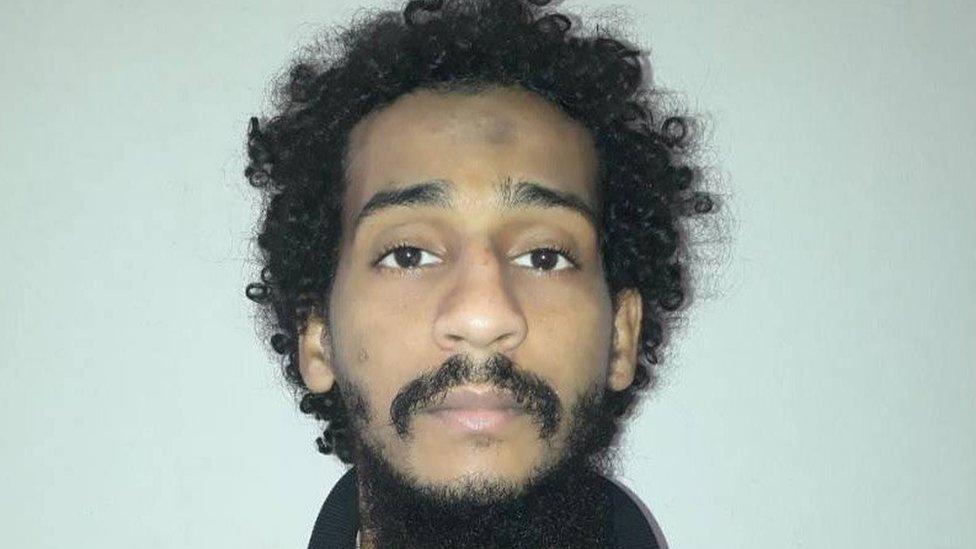
- Published3 September 2021
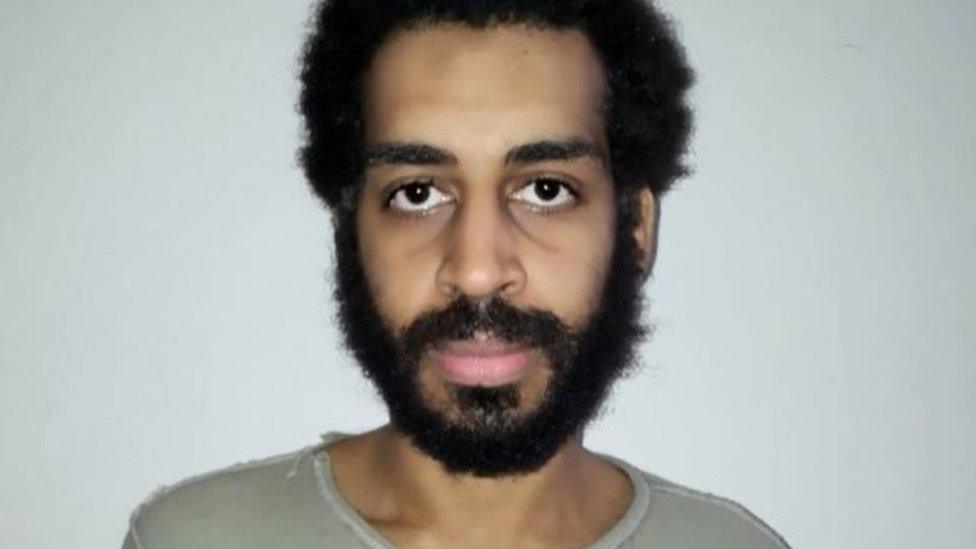
- Published6 April 2022
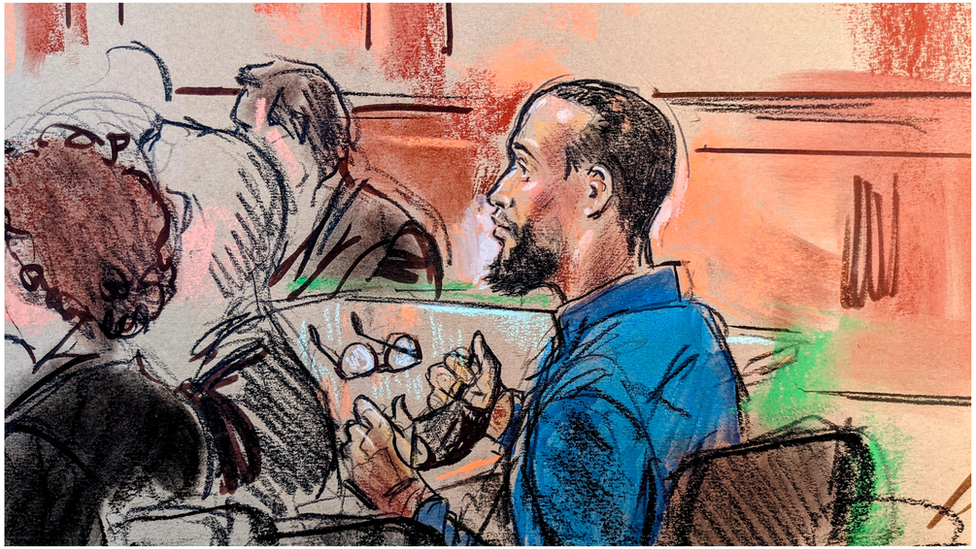
- Published6 April 2022

- Published31 March 2022

- Published5 April 2022
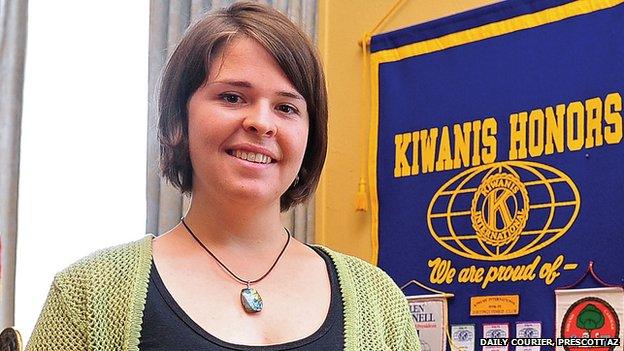
- Published11 August 2022
